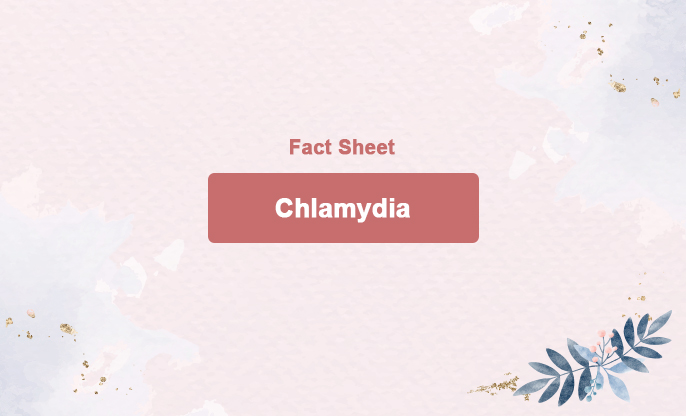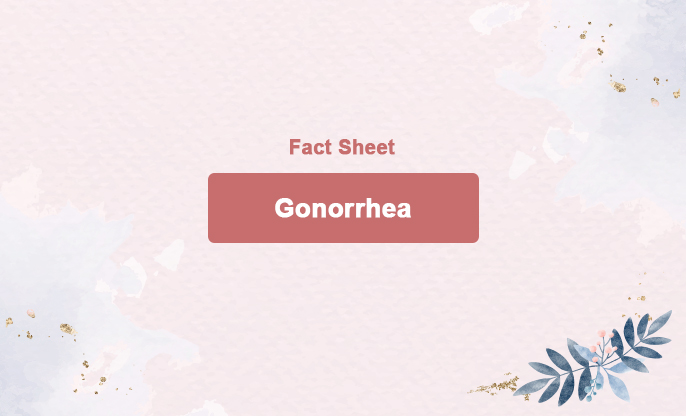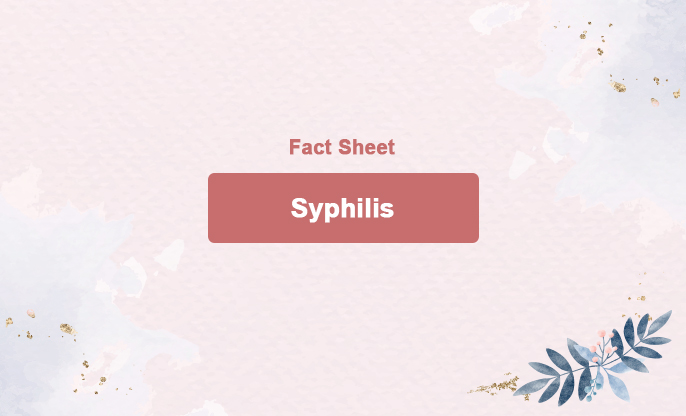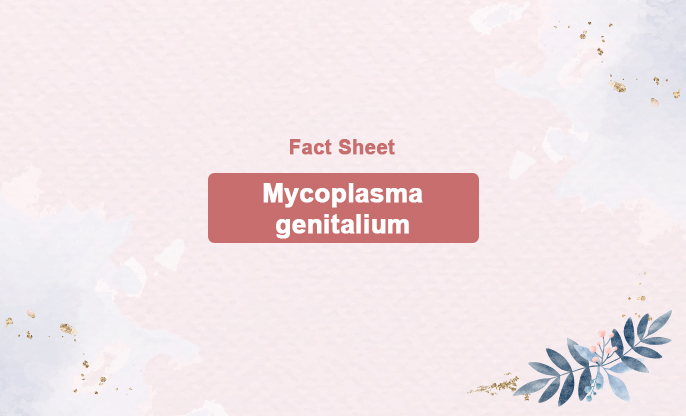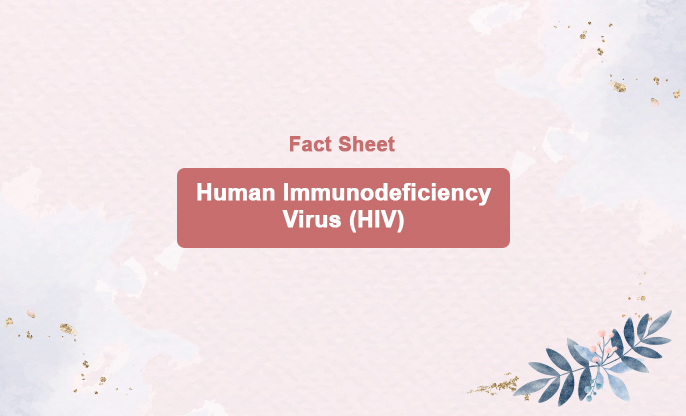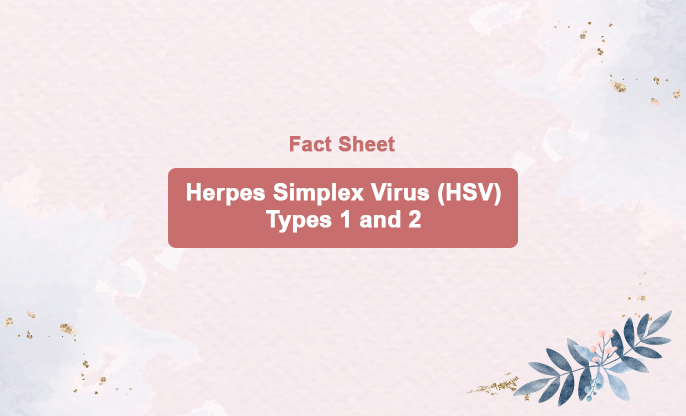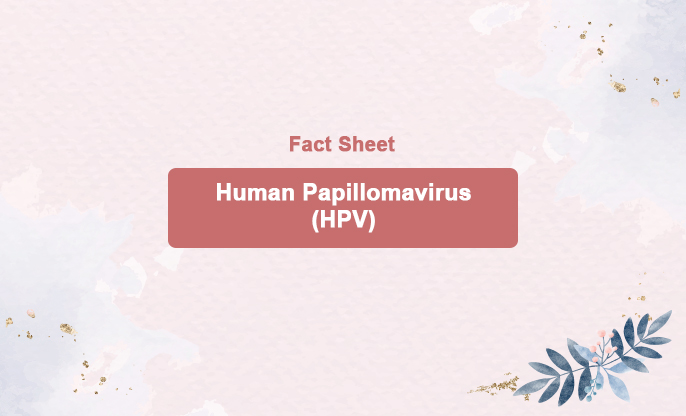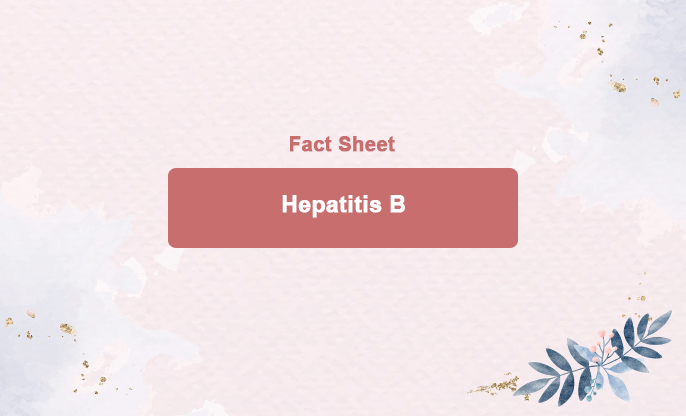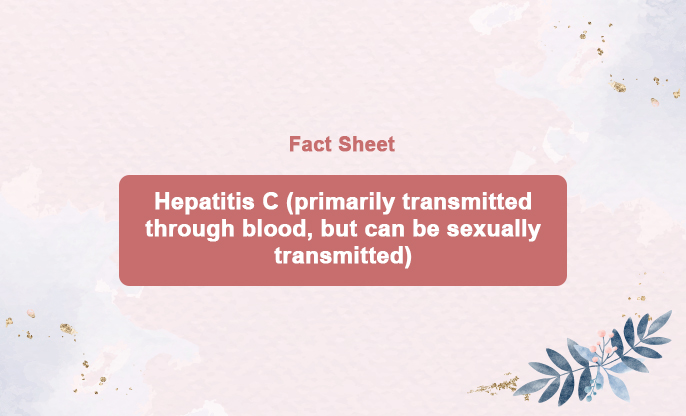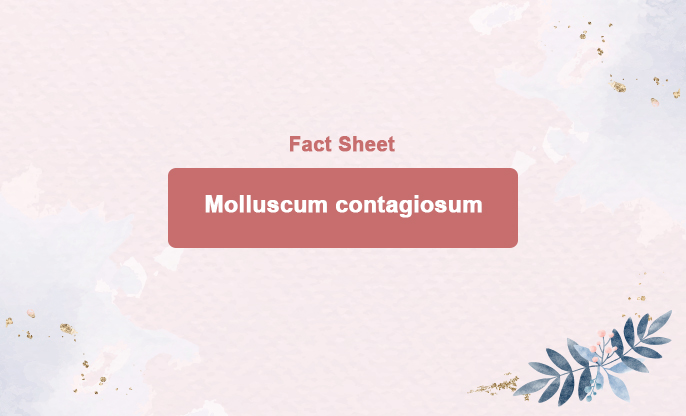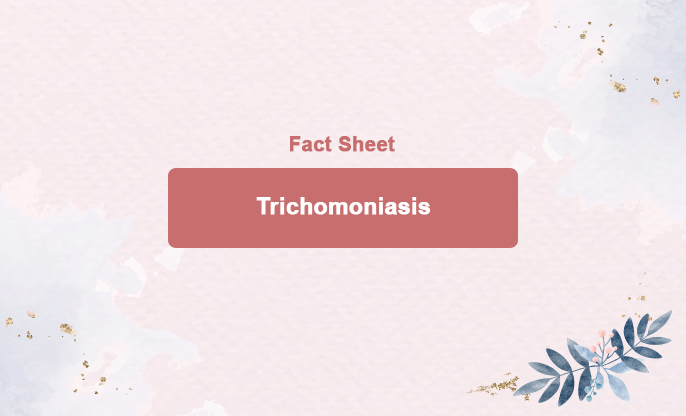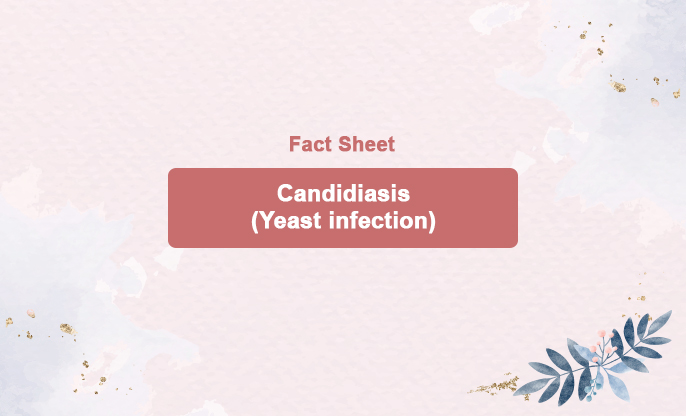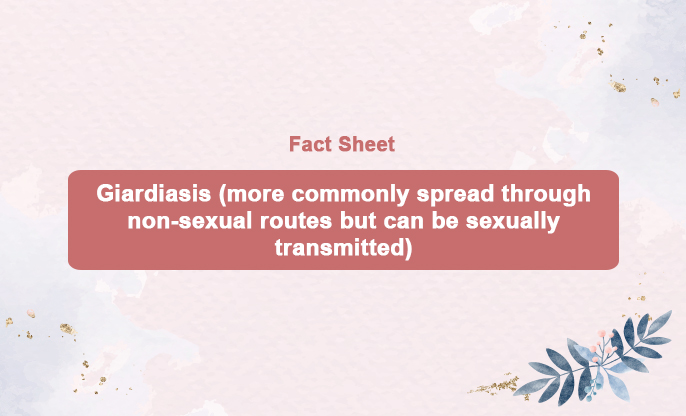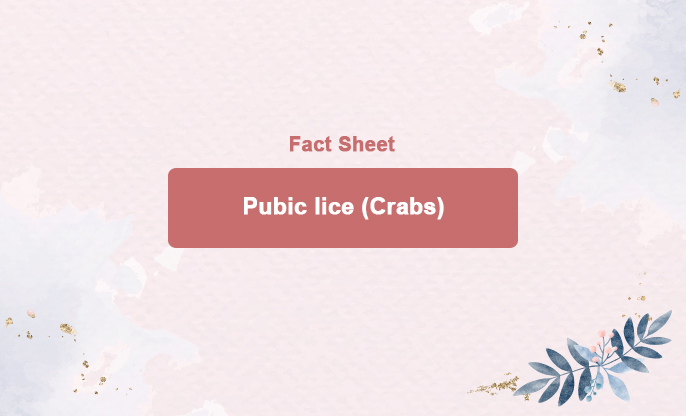
What is this?
Pubic lice are parasitic insects that feed on human blood. They are short, crab-like creatures that differ significantly from head and body lice. Pubic lice typically attach to hair in the pubic area. Adult pubic lice range from 1.1 to 1.8 mm in length, about the size of a pencil tip.
Anyone can get pubic lice, which typically spread through sexual contact and are most commonly found in adults.
Adult pubic lice are exclusively found on humans and need blood to survive. Without a blood meal, they will die within 24 to 48 hours. Female adult pubic lice lay approximately 30 eggs during their 3 to 4-week lifespan. These eggs hatch in about a week, and the newly hatched lice, known as nymphs, mature into adults within 6 to 9 days.
Symptoms of pubic lice include:
Itching, typically worse at night
Small red or blue spots on the skin (lice bites)
White or yellow dots attached to hair (lice eggs)
Dark red or brown spots in underwear (lice feces)
Crusted or sticky eyelashes
The presence of pubic lice on a child's head or eyelashes may suggest sexual exposure or abuse.
How is it transmitted?
Pubic lice are typically spread through close body contact, sexual contact and are most commonly found in adults.
Standard treatment protocol and time:
The primary treatments for pubic lice are medicated creams or shampoos that eliminate the lice.Typically, you need to apply the treatment to your entire body and leave it on for a few hours before washing it off. This process should be repeated a week later to ensure all lice are eradicated.
You may be asked to return a week after completing the treatment to verify its effectiveness.
All current or recent sexual partners should also undergo treatment, even if they do not exhibit symptoms.
How to avoid it?
Avoid sexual contact and sharing bedding or clothing with anyone known to have pubic lice until they have been treated.
Condoms and other forms of contraception do not protect against pubic lice. However, using condoms during sex is still recommended as they reduce the risk of sexually transmitted infections (STIs).
